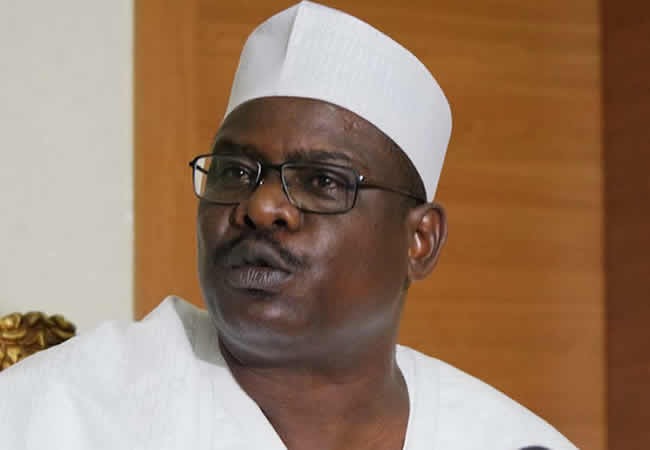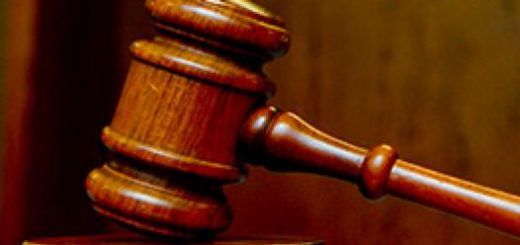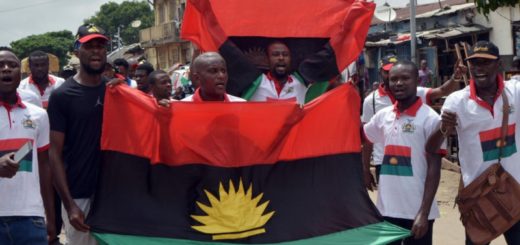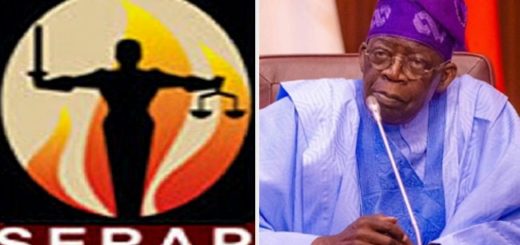Ndume Blasts Tinubu Aides as “Kleptocrats and Kakistocrats”
 Senator Ali Ndume, who represents Borno South in the National Assembly, has delivered a blistering critique of President Bola Tinubu’s administration, accusing it of being hijacked by “kleptocrats” and “kakistocrats”—individuals he claims are more interested in personal gain than national progress.
Senator Ali Ndume, who represents Borno South in the National Assembly, has delivered a blistering critique of President Bola Tinubu’s administration, accusing it of being hijacked by “kleptocrats” and “kakistocrats”—individuals he claims are more interested in personal gain than national progress.
Speaking on Channels Television’s Politics Today on Sunday, Ndume said President Tinubu’s closest aides are misleading him and damaging his image.
“I see people lying and telling the President what he wants to hear,” Ndume said. “Those who should help him are the ones deceiving him.”
He alleged that many of the President’s appointees are not only unqualified but self-serving, asserting that the presidency has effectively been “kidnapped” by opportunists.
“They are unrealistic people. I still believe the government is more or less dominated by kleptocrats and even kakistocrats,” he declared.
When asked to define his terms, the senator explained:
-
Kakistocrats are people “holding positions they are not supposed to be in.”
-
Kleptocrats are “those in politics for personal gain, not public service.”
Ndume also criticized what he described as the disconnect between the presidency and ordinary Nigerians, blaming this isolation for the government’s poor understanding of widespread public hardship.
“The President cannot go out to the streets like myself and know how the people feel. Even outside the villa, they drive him in tinted glass, so he doesn’t see what’s going on,” he added.
While acknowledging that President Tinubu has admitted to the country’s economic difficulties and appealed for patience, Ndume insisted that the problem lies with the people around him, whom he says lack competence and integrity.
This is not the first time the senator has publicly criticized Tinubu’s leadership. In April, he faulted the President’s appointments for violating the federal character principle, claiming they were lopsided and unfair. He also said his criticisms often provoke backlash from “so-called Tinubu boys.”













